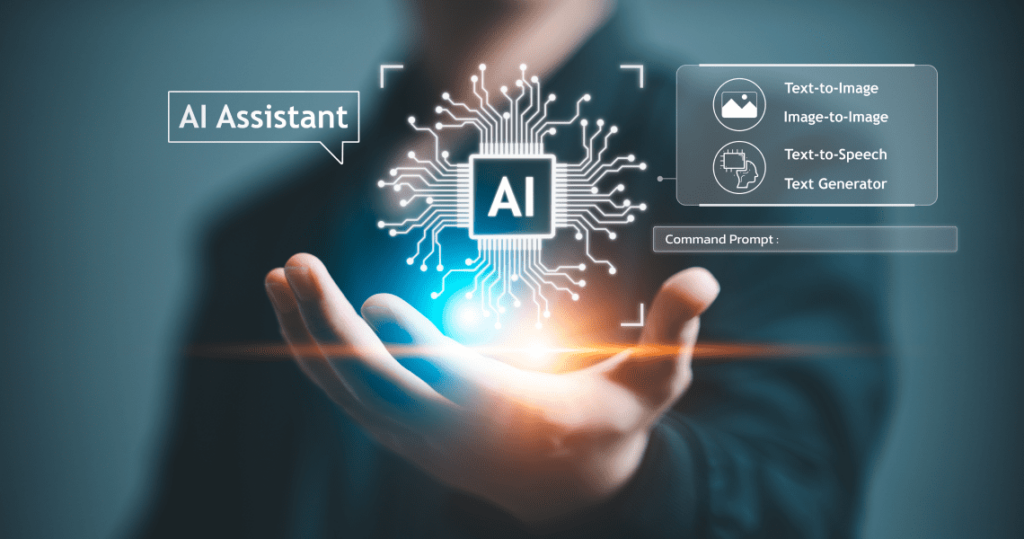
By now you’ve likely heard the buzz around ChatGPT, an AI chatbot developed by OpenAI that can offer direct, human-sounding answers to almost any question. It’s made big waves in the tech space with headlines like ChatGPT caused ‘Code Red’ at Google and Microsoft to Challenge Google by Integrating ChatGPT with Bing Search.
Beyond their everyday use, the rise of tools like ChatGPT has far-reaching implications across industries. One such implication is the effect on SEO.
The SEO team at Agital has been working on use cases for AI technology for some time and is implementing a formal testing framework in the coming weeks. In the meantime, we wanted to let you know where we stand on using this powerful new technology in the form of a quick Q&A.

here are a lot of new opportunities with the rise of AI-powered content tools.
Early reports show that ChatGPT can be a valuable tool for generating short, basic product descriptions that are created quickly and require minimal edits. But when the content gets over 100-150 words, it becomes increasingly challenging for it to sound natural and to ensure it’s unique. With longer content, we’re seeing a good chunk of repetition or sections that are almost identical to the source material the tool used.
Ultimately, the output is only as good as the input, which still requires expertise and time. To assess just how much time and expertise are needed, we’re currently running controlled experiments and tests.
If you want to test out the technology on your own, don’t jump in and publish a bunch of new pages just yet! We recommend only using the tool for short, simple product descriptions or for idea generation.
As with any content (either written by AI or a human), be aware of Google’s guidelines for automatically generated content. The key takeaway is to make sure you’re adding value and keeping the content original beyond what is automatically produced. The human element is something that Google has consistently espoused as imperative to developing user-centric content. Keep this in mind as you’re experimenting with various tools.
While it’s speculation at this point, some of the changes in the SEO landscape might include:
As AI tools and technology evolve, they will continue to disrupt more and more industries, making significant changes in the way companies approach anything from logistics to content development and SEO. Quick adoption, smart testing, and continuous process iteration will be key to taking advantage of these disruptors and building a future-proof business.
Special shout-out to Frank Tenaglia and Vlad Shvorin for their tireless research into AI technology.
